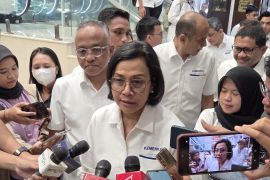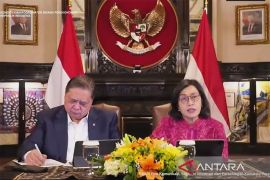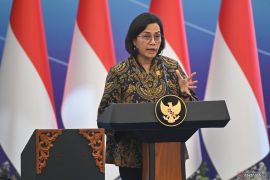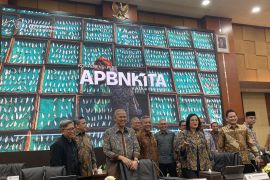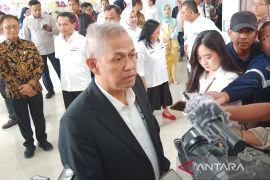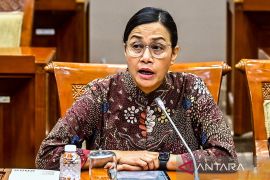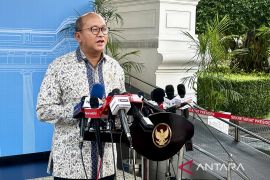The ministry would better drop the plan to lower the limit of untaxed income because it will add to the burden of low-income people, cooperatives, and small businesses, observer Suroto said here on Saturday.
"Right now, the low-income people have many burdens. The poverty gap and severity index is increasing. The gap between the income of the rich and the poor income is also high. So, why will the plan target them anymore?" he asked.
Under the Finance Ministers Regulation No. PMK 101 /PMK.010/2016 concerning the adjustment of untaxed income, the amount of untaxed income is set at Rp4.5 million.
In fact, data from the Central Statistics Agency (BPS) show that the poverty gap index reached 1.83 in March 2017 as compared to 1.74 in September 2016.
The poverty severity index also rose to 0.48 in March 2017 from 0.44 in September 2016.
Suroto stated if the ministry goes ahead with the plan, President Joko Widodos spirit to make 2017 a year of distributing economic gains evenly and opposing gap will merely become a jargon.
The Finance Ministry is set to conduct a careful study to define the tax ratio following a plan to revise the threshold of untaxed income.
"I have asked the Directorate General of Taxation to study the components that should be included to calculate the tax ratio," Finance Minister Sri Mulyani Indrawati said at the parliament building compound here on Wednesday night (July 20).
The higher the threshold of untaxed income, the lower the tax base will influence tax ratio.
"I have sought time to compare our tax ratio with those of other countries. Other countries incorporate components such as royalties, regional taxes, and even social security (to their tax ratio)," she revealed.
As the components of tax ratios differ from one another, Indonesias untaxed income cannot be compared with those of other ASEAN member states, she remarked.
"It is similar to how we cannot compare one mango with another," she explained.
Sri Mulyani, who is the former managing director of the World Bank, said that if Indonesias tax ratio can be compared with those of other countries, then it should be different from those of other countries.
She stated that Indonesias untaxed income was higher than those of other ASEAN member states, although it's per capita income was lower than those of Thailand, Vietnam, Malaysia, and Singapore.
In addition, the ministry will also review the effectiveness of value-added tax, because state revenues from value-added tax receipts in other countries are higher, although their tariffs are lower.(*)
Editor: Heru Purwanto
Copyright © ANTARA 2017

